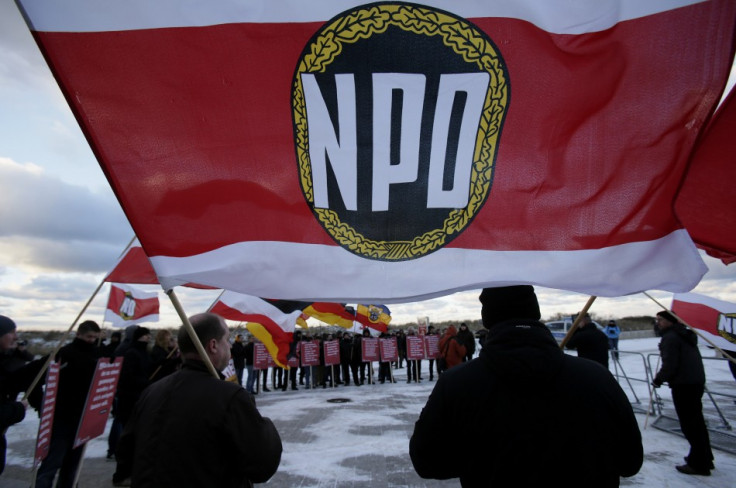German Far-Right NPD Loses Battle for Legal Status

Germany's far-right National Democratic Party (NPD) has lost its legal battle to be declared constitutional, paving the way for an official ban on the party.
The country's highest court has rejected a bid from the NPD to secure legal status under the national charter. Germany's 16 state governments plan to submit a case urging a ban on the NPD to the Federal Constitutional Court.
The NPD, whose motto is "work, family and fatherland", is seen as close to neo-Nazi groups. The upper house of parliament decided to seek a ban in December, but the process is controversial.
Some experts fear the ban could hand a propaganda triumph to the NPD.
The government argues that the party, which receives public funding because it hold seats in two state legislatures, supports a racist, xenophobic and anti-Semitic agenda in violation of the constitution.
Talks to outlaw the NPD gained ground in 2011 after a report by the public broadcaster ARD suggested that the party may have formed close links with violent gangs.
It has not been established whether the NPD was linked to the National Socialist Underground (NSU), believed to be responsible for a series of terrorist bombings and ethnic killings over the past decade. However the report contains clear evidence that the party had ties with rightwing underground groups such as Sturm 34, Skinheads Sächsische Schweiz and Thüringer Heimatschutz.
A previous attempt to ban the NPD in 2003 failed because of lack of evidence and because witnesses were exposed as intelligence agency informants. The German intelligence agency has more than 130 active informants in the NPD, who risk exposure if the government moves to ban the party.
© Copyright IBTimes 2025. All rights reserved.






















